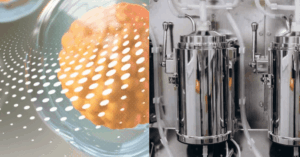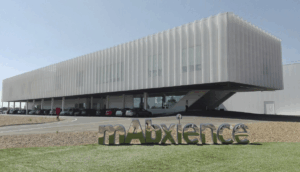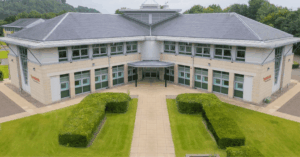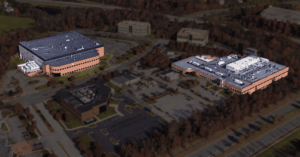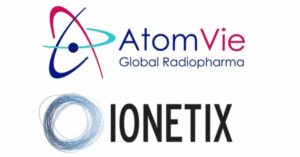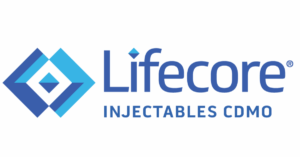- Andelyn Biosciences has expanded its agreement with the Broad Institute of MIT and Harvard to include the Stanton Lab CNS capsids in its AAV Curator Platform.
- The agreement enables Andelyn to offer research, scale-up, and pre-clinical development services for gene therapies targeting nervous system disorders.
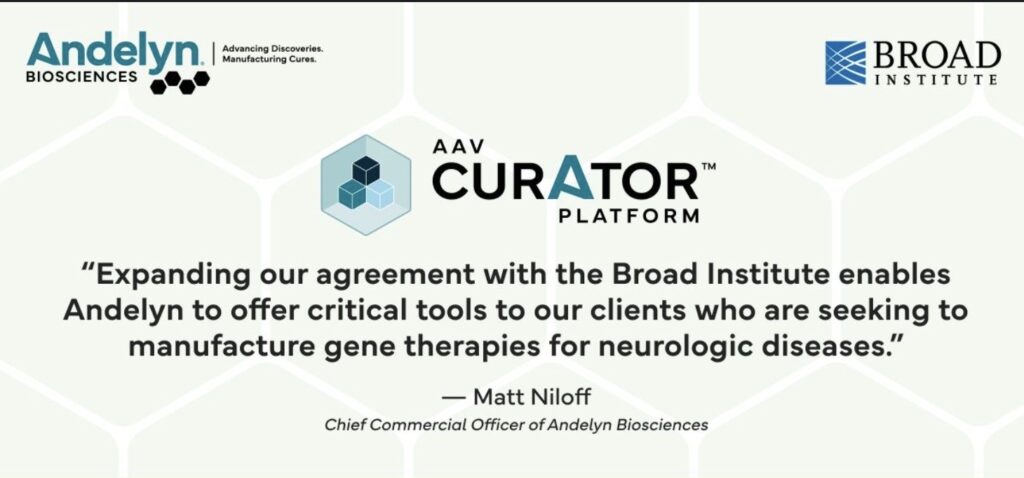
Andelyn Biosciences, Inc., a cell and gene therapy CDMO, has expanded its AAV Curator Platform and License Agreement with the Broad Institute of MIT and Harvard. The agreement now includes the Stanton Lab CNS capsids, which enhance brain transduction while reducing off-target effects in peripheral organs.
This expansion builds upon Andelyn’s existing MyoAAV plasmids License Agreement with Broad Institute, announced in August 2024. The updated agreement allows Andelyn to use the CNS capsids in research and development services for clients developing gene therapies. Services will include candidate screening, scale-up, and pre-clinical development work ahead of IND-enabling studies. Andelyn may also sublicense these capsids for internal research use by its clients.
The integration of Stanton Lab CNS capsids into Andelyn’s AAV Curator Platform aims to improve gene therapies for neurological diseases. Research suggests these capsids increase transduction efficiency by up to six times in most areas of the cerebrum and up to 13 times in the neuroretina. Greater specificity could enhance treatment efficacy and safety by reducing off-target effects.
Matt Niloff, Chief Commercial Officer at Andelyn, stated, “Expanding our agreement with the Broad Institute to include these novel CNS capsids enables Andelyn to offer critical tools to our clients who are seeking to manufacture gene therapies for neurologic diseases.”
Andelyn operates from its facilities in Columbus, Ohio, supporting the development and manufacturing of gene therapies for both rare and prevalent diseases.






